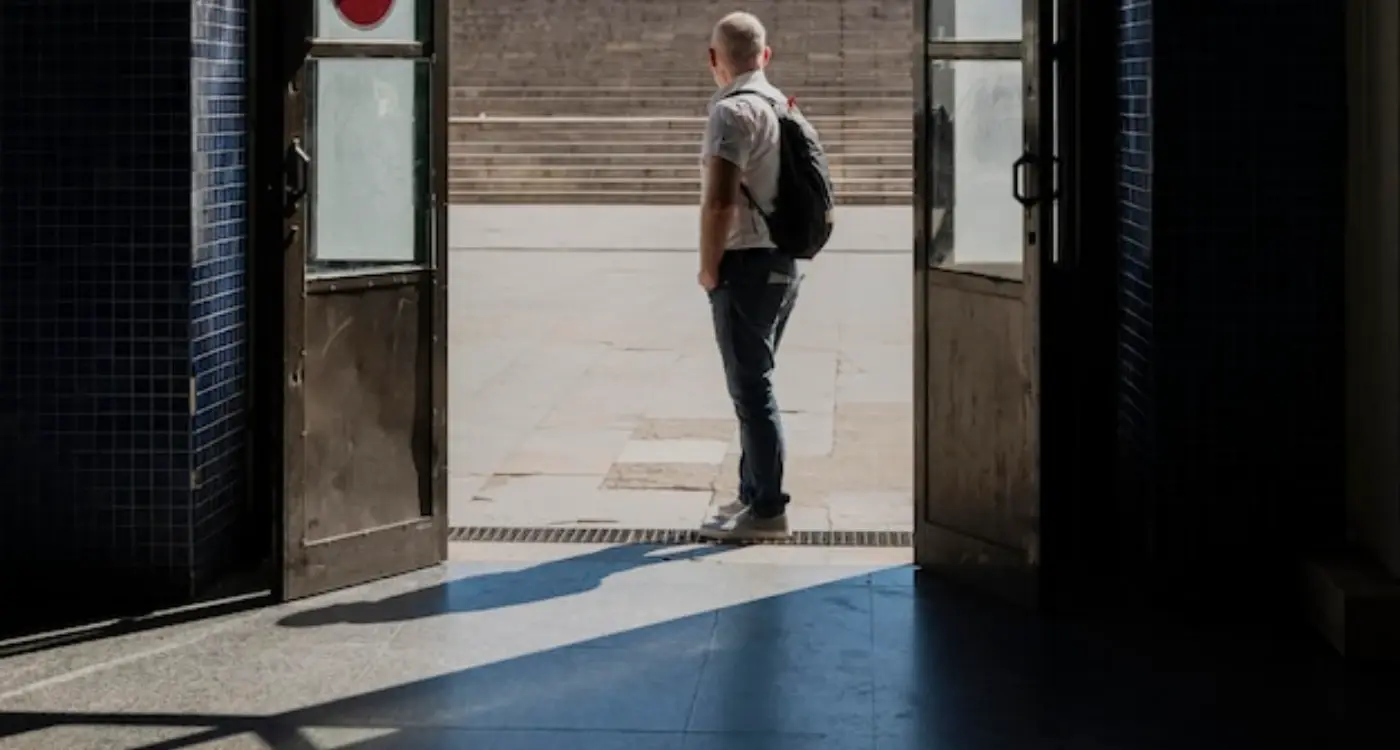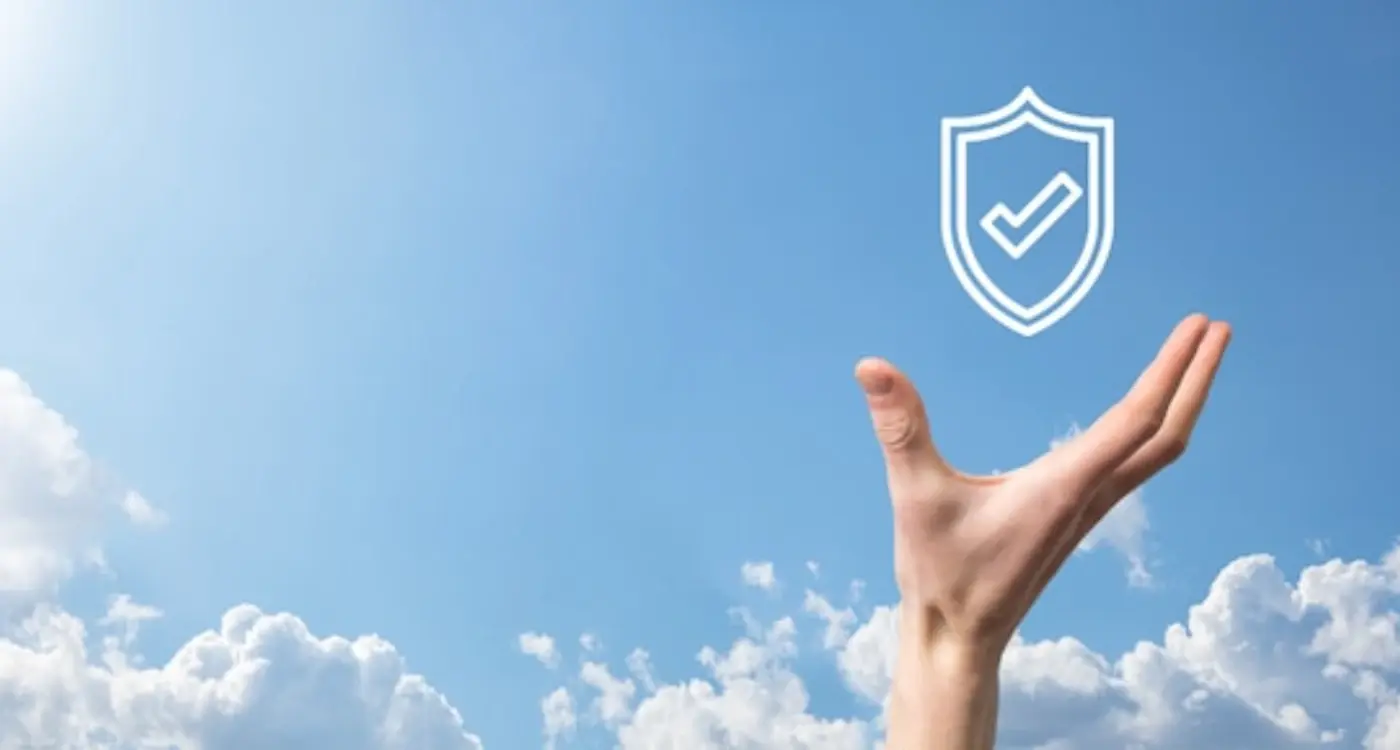How Do You Protect Your App Idea When Working With Remote Developers?
Every day, brilliant app ideas slip through developers' fingers like water through a sieve. The harsh reality? Most app creators working with remote development teams have zero legal protection for their intellectual property. They hand over their concepts, designs, and business logic to strangers across the globe without a second thought about what could go wrong.
I've watched talented entrepreneurs lose control of their own creations because they didn't understand the basics of protecting their ideas when working with remote developers. The mobile app industry is built on trust, but trust alone won't stop your developer from walking away with your code or selling your concept to the highest bidder.
The biggest mistake I see is people thinking that just because they came up with an idea first, they automatically own it forever
Remote development offers incredible opportunities—access to global talent, cost savings, and round-the-clock productivity. But it also opens doors to risks that many app creators never consider until it's too late. The good news? With the right knowledge and precautions, you can work safely with remote teams anywhere in the world whilst keeping your intellectual property locked down tight. This guide will show you exactly how to do that, step by step.
What Is Intellectual Property and Why Does It Matter for Your App
I've seen too many app creators get caught out by not understanding intellectual property—and honestly, it's one of those things that sounds more complicated than it actually is. Think of intellectual property (or IP as we call it in the business) as the legal way of saying "this belongs to me" when it comes to your creative work.
For your app, IP covers several different areas that you need to know about. Your app's code, design, name, logo, and any unique features you've created all fall under different types of intellectual property protection. The tricky bit is that not all of these are automatically protected just because you thought of them first.
The Main Types of IP Protection
- Copyright protects your app's code, graphics, and written content
- Trademarks protect your app name, logo, and brand identity
- Patents can protect unique technical innovations (though these are expensive and time-consuming)
- Trade secrets cover confidential business information and processes
When you're working with remote developers, your IP becomes exposed to people you've never met in person. Without proper protection, you could find yourself in a situation where someone else claims ownership of your brilliant idea—or worse, your developer could legally walk away with your code and use it elsewhere.
Legal Agreements That Keep Your Ideas Safe
Right, let's talk about the paperwork that nobody wants to deal with but absolutely has to. When you're working with remote developers on your mobile app, you need proper legal agreements in place before anyone writes a single line of code. I know it's tempting to skip this bit and get straight to the fun stuff, but trust me—I've seen too many projects go sideways because someone thought a handshake deal over video call was enough.
The two main agreements you need are a Non-Disclosure Agreement (NDA) and a Development Agreement. The NDA stops your remote development team from sharing your intellectual property with anyone else; the Development Agreement covers who owns what code and sets out the project terms. Both should be signed before you share any details about your app idea.
Getting Your Agreements Right
Your Development Agreement needs to clearly state that you own all the intellectual property created during the project. This includes the code, designs, and any other materials. Some developers might push back on this, but it's non-negotiable for your mobile app project. Make sure the agreement covers what happens if the project goes wrong too—who keeps the code, how disputes get resolved, that sort of thing.
Always use a lawyer who understands tech projects when drafting these agreements. Generic templates from the internet won't cover the specific issues that come up in remote development work.
How to Choose Trustworthy Remote Developers
Finding the right remote developers feels overwhelming when you're trying to protect your app idea. I've worked with hundreds of developers over the years, and I can tell you that trust isn't built overnight—it's earned through consistent actions and transparent communication.
Start by looking at their track record. Check their previous work, read client testimonials, and don't be shy about asking for references. A trustworthy developer won't hesitate to share examples of their past projects or connect you with former clients.
Red Flags to Watch Out For
- Developers who won't sign NDAs or seem reluctant to discuss legal agreements
- Extremely low rates that seem too good to be true
- Poor communication or delayed responses during initial discussions
- No verifiable portfolio or reluctance to show previous work
- Unwillingness to use secure development practices
Look for developers who actively discuss security measures and intellectual property protection. They should understand the importance of code repositories, version control, and confidentiality agreements without you having to explain why these matter.
Building Trust Through Small Steps
Consider starting with a small test project before committing to your main app development. This approach lets you evaluate their work quality, communication style, and respect for confidentiality agreements. Pay attention to how they handle feedback and whether they meet deadlines consistently.
Setting Up Secure Communication and File Sharing
Right, let's talk about keeping your conversations and files safe when working with remote developers. I've seen too many projects go wrong because someone shared sensitive information on the wrong platform—don't be that person! The good news is that setting up secure communication isn't rocket science, but it does require some thought.
Choosing the Right Communication Tools
Your everyday WhatsApp or Facebook Messenger just won't cut it for remote development work. You need platforms that offer end-to-end encryption and proper business controls. Slack, Microsoft Teams, and Discord all have decent security features, but make sure you enable two-factor authentication for everyone on your team. I personally prefer Slack for most projects because it keeps everything organised in channels and has good file sharing controls.
The weakest link in any security chain is usually human error, not the technology itself
File Sharing That Actually Works
Google Drive and Dropbox are fine for sharing photos of your lunch, but for mobile app development you need something more robust. Look for platforms that let you control who can download files, set expiration dates on shared links, and track who's accessed what. Box and SharePoint are solid choices here. Never—and I mean never—email sensitive files or passwords. Use password managers like 1Password or Bitwarden to share login credentials securely with your remote team.
Managing Your Code and Keeping It Protected
Your app's code is like the secret recipe that makes everything work—without proper protection, you're leaving your most valuable asset wide open. I've watched too many entrepreneurs hand over their entire codebase to developers without setting up basic security measures first.
The smartest approach is using version control systems like Git, which track every change made to your code. This means you can see exactly who changed what and when they did it. Most development teams use platforms like GitHub or GitLab, but here's the thing—you should own the repository, not your developers.
Code Protection Strategies
- Set up restricted access so developers only see the parts they're working on
- Use code obfuscation to make your source code harder to understand
- Regular automated backups stored in multiple locations
- Two-factor authentication on all development accounts
- Code reviews before any changes go live
Another trick I always recommend is splitting your project across multiple developers or teams. No single person should have access to your complete codebase—this limits the damage if someone decides to go rogue.
Don't forget about API keys and database credentials either. These should be stored separately from your main code and rotated regularly. Think of them as the keys to your digital kingdom.
What to Do If Something Goes Wrong
Nobody wants to think about things going wrong when working with remote developers—but sometimes they do. I've seen clients discover their app idea has been copied, code has been shared without permission, or confidential information has leaked. The good news is that if you've followed the right steps from the start, you're not powerless.
Your first move should always be to check your legal agreements. Those NDAs and contracts we talked about earlier? This is when they become your best friends. If a developer has broken the terms, you have grounds to take action. Document everything you can find—screenshots, emails, dates when things went wrong. The more evidence you have, the stronger your position becomes.
Keep a folder of all your legal documents and important communications with remote developers. You'll need them quickly if problems arise.
Getting Professional Help
Don't try to handle serious intellectual property breaches alone. Contact a lawyer who specialises in IP law or mobile app development disputes. They can advise you on your rights and the best way forward. Yes, it costs money, but it's often worth it to protect your app idea and business.
Prevention is always better than cure, but when problems do occur, acting quickly and professionally gives you the best chance of protecting your mobile app and intellectual property.
Building Long-Term Relationships with Remote Teams
Working with remote developers doesn't have to be a one-off project that ends when your app launches. Some of the best partnerships I've seen have lasted years—with teams who understand the client's business inside and out. Building these relationships takes time, but it's worth the effort.
Trust grows naturally when you work with the same people repeatedly. They learn your preferences, your business goals, and how you like to communicate. You won't need to explain your vision from scratch every time or worry about protecting your ideas with lengthy contracts.
Ways to Strengthen Your Partnership
- Schedule regular check-ins beyond project deadlines
- Share your business successes and challenges openly
- Ask for their input on new features or improvements
- Pay invoices on time and provide clear feedback
- Respect their time zones and working hours
- Celebrate project milestones together
Long-term partnerships mean better security for your intellectual property too. Developers who care about maintaining the relationship are far less likely to misuse your ideas or cut corners on security. They want to see your app succeed because your success means more work for them.
The best remote teams become an extension of your own business. They'll proactively suggest improvements, spot potential issues before they become problems, and genuinely care about your app's performance. That's worth more than any contract.
Conclusion
After working with remote development teams for the better part of a decade, I can tell you that protecting your app idea isn't just about having the right contracts in place—though that's certainly part of it. It's about building a foundation of trust, clear communication, and smart processes that keep your intellectual property safe whilst still allowing your remote team to do their best work.
The mobile app development world has changed dramatically since I started out. Remote development has become the norm rather than the exception, and honestly, it's opened up incredible opportunities for app creators. You can now work with talented developers from around the globe, often at a fraction of the cost of local teams. But with that opportunity comes responsibility—the responsibility to protect what's yours.
What I've learned is that most developers, regardless of where they're based, are professionals who respect intellectual property. They want to build great apps and maintain their reputation. The key is choosing the right partners, setting clear expectations from day one, and maintaining open communication throughout your project. When you get these fundamentals right, remote development becomes not just safe, but incredibly rewarding for everyone involved.
Share this
Subscribe To Our Learning Centre
You May Also Like
These Related Guides

What Happens to Your IP When Developers Leave Your Project?

Which Documents Keep Your App IP Safe During Development?



